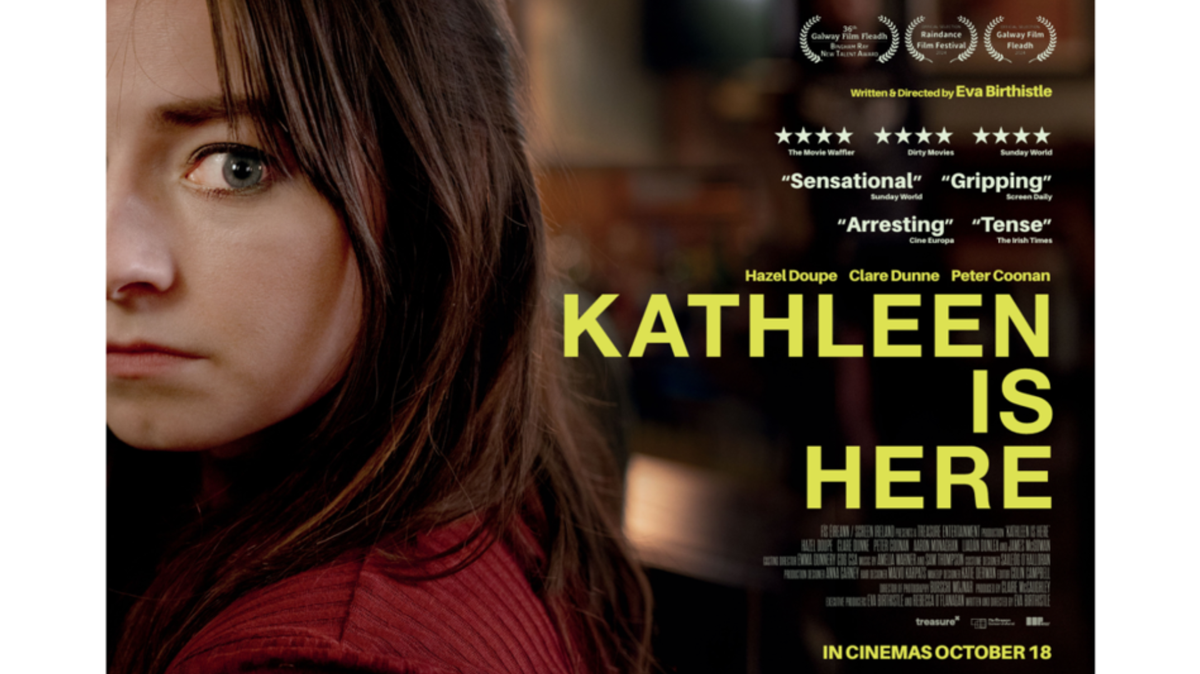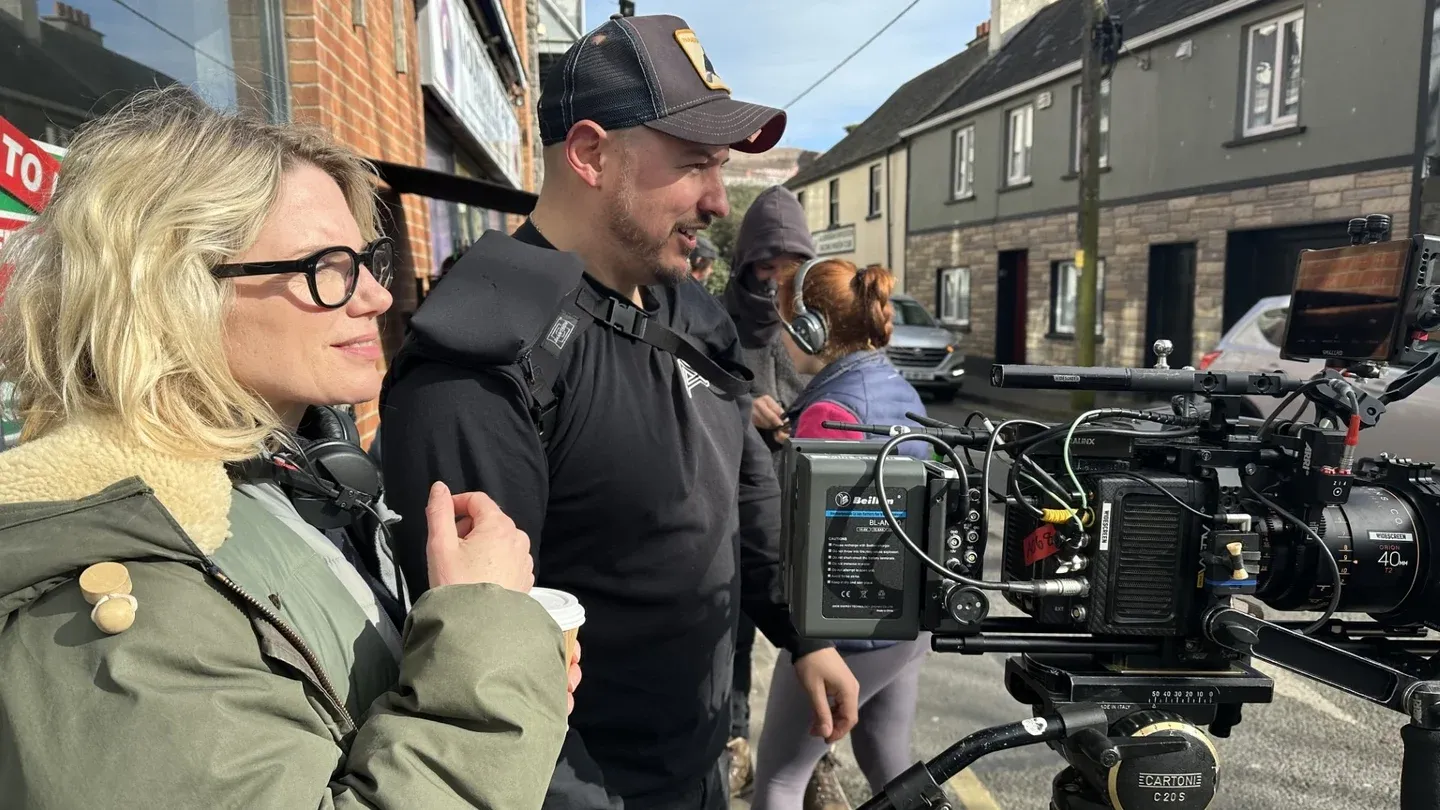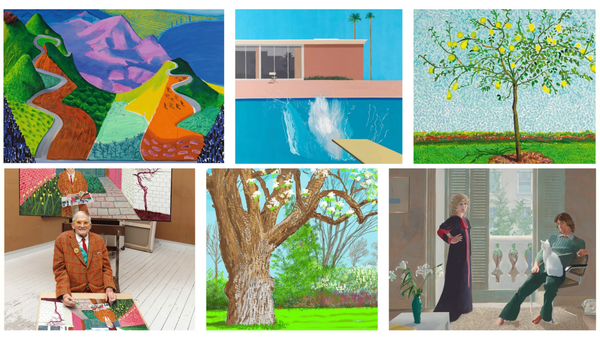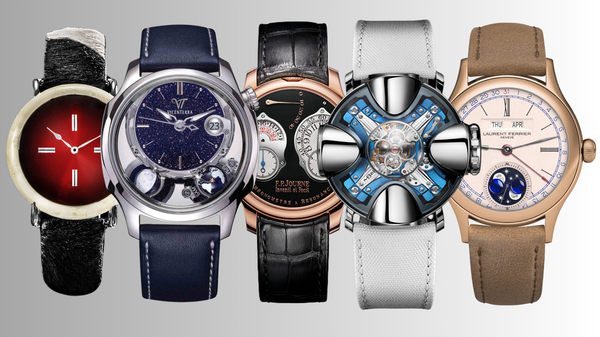Eva Birthistle Directs ‘Kathleen Is Here,’ a Gripping Drama of Self-Discovery
With Kathleen Is Here, Eva Birthistle makes an impressive transition from acting to directing, crafting a deeply introspective drama that explores identity, memory, and the hidden turmoil of ordinary life.

Best known for her performances in Brooklyn and The Last Kingdom, Eva Birthistle’s directorial debut is a masterclass in subtle storytelling, marking her as a filmmaker of considerable skill and vision.
The film centres on Kathleen, a middle-aged woman whose seemingly ordinary life begins to unravel. Trapped in the routines of domestic life, she reaches a point of quiet crisis, where the choices she has made—and the life she has built—suddenly feel unfamiliar. What follows is not a loud, dramatic transformation but a slow, deeply personal journey of self-discovery. Birthistle resists the allure of melodrama, instead creating a thoughtful meditation on the nature of identity and how it evolves.
Birthistle’s direction is characterised by its restraint and emotional depth. She brings the same meticulous attention to detail that has defined her acting career, but here, she wields it behind the camera, shaping the narrative with a careful, deliberate hand. The film’s pace is slow and considered, allowing the audience to sit with Kathleen in her moments of hesitation and reflection. In an era of fast-cut editing and overstated emotions, Birthistle’s approach feels refreshing, demanding viewers’ patience and attention.
Visually, Kathleen Is Here is stunning in its simplicity. Cinematographer Christopher Doyle, known for his work with Wong Kar-wai, collaborates with Birthistle to create a visual landscape that mirrors Kathleen’s inner world. Interiors are often shot with claustrophobic intensity, reflecting her emotional isolation, while outdoor scenes are sparse and expansive, suggesting the vast possibilities of change. The film’s use of light and shadow, combined with its muted colour palette, contributes to its quiet, contemplative atmosphere.
Central to the film’s success is Fiona Shaw’s compelling performance as Kathleen. Shaw, renowned for her ability to convey complex emotions with subtlety, perfectly embodies the tension between Kathleen’s external composure and her internal disquiet. Her portrayal is rich with nuance, capturing both the vulnerability and strength of a woman questioning the life she has led. Shaw’s performance anchors the film, adding emotional depth to the minimalist script, which Birthistle co-wrote with novelist Emma Donoghue.
The screenplay is a key element of the film’s understated power. The dialogue is sparse, relying on silences and unspoken gestures to communicate the weight of Kathleen’s emotional journey. The film’s refusal to provide easy answers or neat resolutions is one of its greatest strengths. Birthistle trusts the audience to fill in the gaps, to sit with the ambiguity of Kathleen’s experience, and to find resonance in her quiet search for meaning. It’s a bold choice, one that distinguishes Kathleen Is Here from more conventional narratives of personal transformation.

Perhaps the most striking aspect of Kathleen Is Here is how Birthistle handles the theme of self-discovery. She avoids the typical clichés of the genre, focusing instead on the small, intimate moments that reveal Kathleen’s evolving sense of self. There are no grand declarations or life-changing epiphanies. Instead, the film offers a more realistic, more painful portrayal of what it means to confront oneself in middle age. This nuanced approach elevates the film, giving it an emotional resonance that lingers long after the credits roll.
Eva Birthistle’s directorial debut is a remarkable achievement, signalling the arrival of a new voice in cinema. With Kathleen Is Here, she has crafted a film that is as intellectually engaging as it is emotionally profound. It is a work that invites reflection, not only on the character of Kathleen but on our own lives and choices. As a filmmaker, Birthistle demonstrates a rare sensitivity to the complexities of human emotion, proving that her talents extend far beyond acting.
Kathleen Is Here is a film that demands attention and contemplation. It challenges audiences to think deeply about identity, about the quiet crises that can shape a life, and about the courage it takes to face oneself. In a cinematic landscape often dominated by spectacle, Birthistle’s film stands out as a deeply human, deeply affecting drama—one that marks her as a director to watch closely in the years to come.





